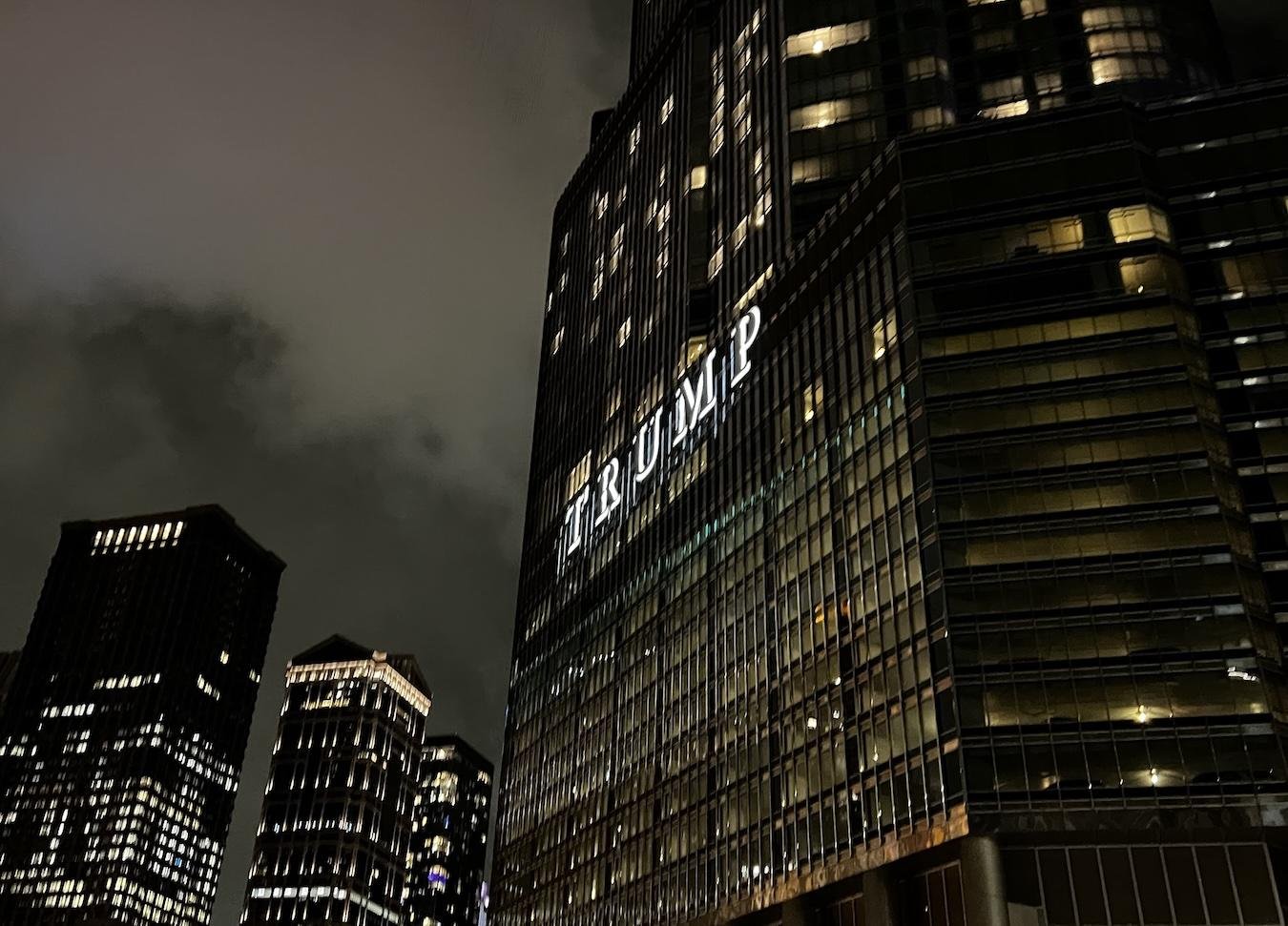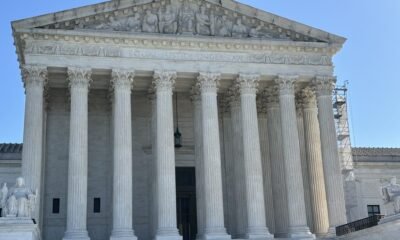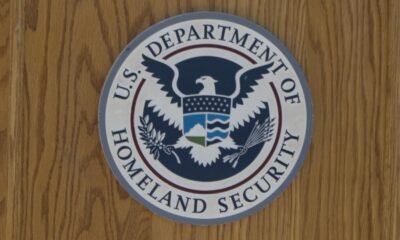border
2 Federal Judges Halt Trump’s Deportation Plans Under Alien Enemies Act

Federal judges in Texas and New York have temporarily halted the Trump administration’s application of the Alien Enemies Act of 1798, particularly affecting Venezuelans slated for deportation and currently detained. This judicial action follows a Supreme Court decision requiring that challenges to the wartime law be filed in the jurisdictions where the impacted individuals are being held.
The American Civil Liberties Union (ACLU) initiated legal proceedings in both the Southern District of New York and the Southern District of Texas. These cases stemmed from a Supreme Court ruling earlier this week that lifted a previous lower court ban on using the wartime law for deportations, but mandated that Venezuelans, suspected gang members aged 14 and older, must receive court hearings.
Texas Judge Fernando Rodriguez Jr. issued a restrictive order preventing deportations under the Alien Enemies Act across Texas, including at the El Valle Detention Center in Raymondville, where three Venezuelan detainees currently reside. This order will remain effective until April 23 and prohibits the transfer of these individuals to another facility, including a controversial mega-prison in El Salvador.
Meanwhile, New York Judge Alvin K. Hellerstein plans to sign a similar temporary restraining order for Venezuelans in his jurisdiction. This includes New York City and several surrounding counties. Two Venezuelans have initiated legal action in the Southern District of New York, and a hearing is scheduled for April 22 to assess the need for a preliminary injunction, with the ACLU also seeking class certification.
The Supreme Court has allowed the current use of the Alien Enemies Act while ensuring that impacted individuals can challenge their deportations in court. The original case began with the detention of five men in Texas, with justices determining that legal proceedings should occur where these individuals are being held, rather than in Washington D.C.
Reports indicate that over 238 Venezuelans have already been deported to the notorious Centro de Confinamiento del Terrorismo, known as CECOT. Judge Rodriguez referenced a significant past case involving a Maryland man mistakenly deported to El Salvador to justify his decision on the restraining order, highlighting the potential consequences of erroneous deportations.
In that Maryland case, the Trump administration has petitioned the Supreme Court to reverse an order that would require the return of Kilmar Armando Abrego Garcia, who was previously protected from removal. As a result, the Supreme Court has temporarily stalled the enforcement of that deadline pending a comprehensive review.
In Texas, another hearing is scheduled for Friday at 1:30 p.m. Central, during which the court will evaluate whether to extend the temporary restraining order or provide other forms of emergency relief.


















